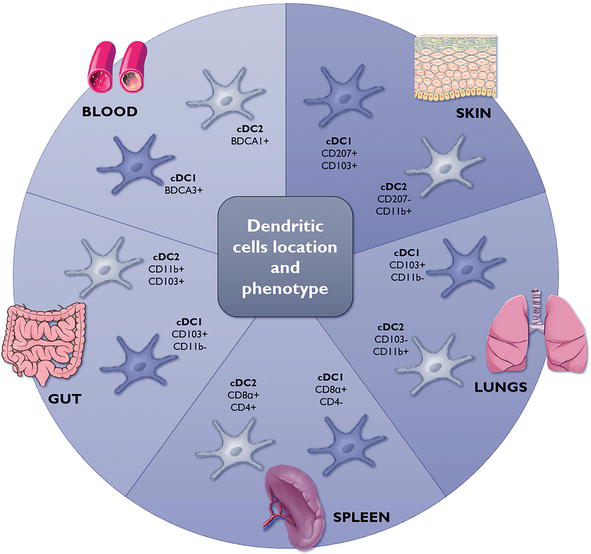Revita Life Sciences
Dendritic cells (DC’s)
Dendritic cells are present in those tissues that are in contact with the external environment, Once activated, they migrate to the lymph nodes where they interact with T cells and B cells to initiate and shape the adaptive immune response. At certain development stages they grow branched projections, the dendrites that give the cell its name. are also known antigen-presenting cells.
Dendritic cells are also emerging as critical regulators of the immune response within tumors. Augmenting the function of these intra tumoral DCs offers a new approache as Immunocytotherapy It improvises the cytotoxic and a robust immune response for their efficacy.
DC vaccination may have a major impact on immunotherapeutic protocols for patients with cancer, especially with solid tumors.
How It Is Done
The first step is to Isolate peripheral blood mononuclear cells by apharesis. It is followed by further isolation of monocytes. These monocytes are incubated with patient’s tumor tissue lysate for 5-7 days. These monocytes tagged with tumour antigen differentiate into mature Dendritic cells. Assessment of functional activity number sterility are done.
A total of four to six doses of DC formulation are administered over a 12-week period. The procedure initiates anti-tumor T cell immunity.
Literature supports its usage in following cancers:
- Ovarian cancer
- Prostate cancer
- Glioblastoma
- Non-small cell lung cancer
- Renal cell carcinoma
- Melanoma
- Pancreatic cancer
What to Expect
- Median survival days of 12 – 14 months compared to raw data citing 4 months.
- Survival advantage of roughly 64% following treatment.
- Evaluations of disease progression by RECIST and irRC.
- The objective response rate by RECIST was 20-30%.
- Survival benefit observed among at least 30% of subjects.


